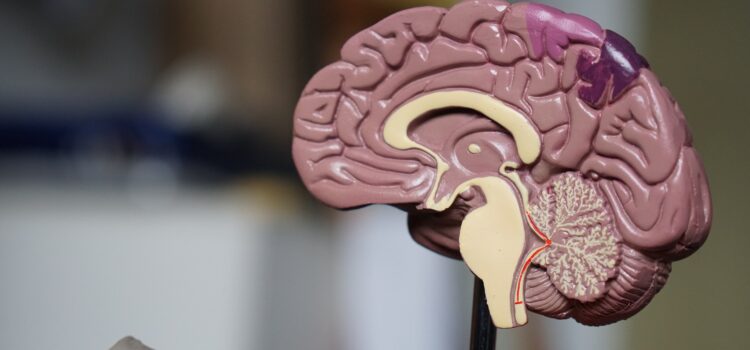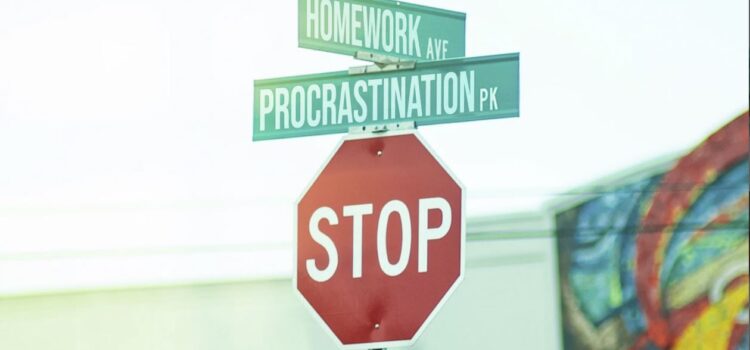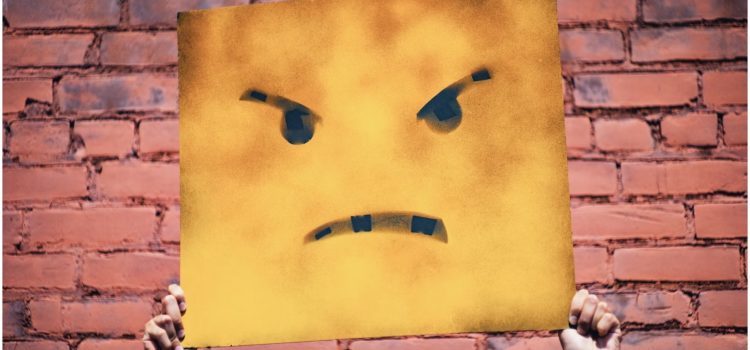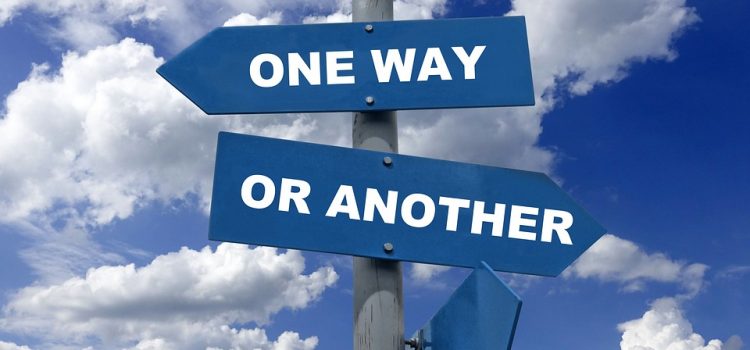What is your “predictive brain,” according to psychology? How do humans use prediction to maintain well-being? Your predictive brain is in charge of monitoring all of your body’s needs, according to neuroscientist and psychologist Lisa Feldman Barrett. In her studies of the brain and emotions, Barrett found that the predictive brain plays a large role in regulating your mood, too. Read on to learn more about the function of your predictive brain, according to Barrett’s research.
How Your “Predictive Brain” Takes Care of You










